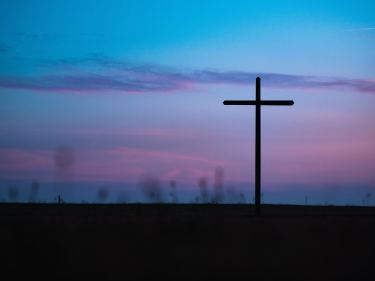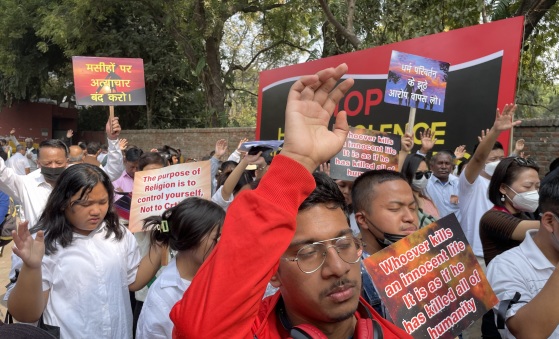
Christians in Khartoum, the capital of Sudan, have watched in grief as their church building was demolished without warning, raising serious concerns that more churches may soon face the same fate.
The Pentecostal church, located in the Haj Yousef district in the northeast of the city, had stood for 35 years. But on 8 July, it was surrounded by bulldozers, trucks and military vehicles, before being razed to the ground. Police and members of the Sudan Armed Forces (SAF) were present throughout the demolition. No legal notice was given, and there was no opportunity to remove anything from the building, which included a worship hall and church offices.
Authorities told church leaders the destruction was part of a wider campaign to remove “unregulated buildings” in the Khartoum State area. But many believe the action was targeted. A local partner of the Christian charity Open Doors noted that the demolition took place just one day after Sudan’s newly appointed de facto prime minister, Kamal Idris, met with leaders from the Sudan Council of Churches to discuss the government’s relationship with Christian communities.
Since the SAF regained control of Khartoum in March 2025, following two years of violent conflict with the paramilitary Rapid Support Forces (RSF), many Christian leaders say they have felt increasingly unsafe. The civil war has deepened the humanitarian crisis across Sudan, displacing over 11 million people and leaving minority groups particularly vulnerable.
One church leader, *Rafat Samir (name changed for security reasons), who chairs the Evangelical Community Council for Sudan, warned that this is just the beginning. “They will target all churches in the outlying areas of the main cities and demolish them with a direct attack,” he said. “As for the large churches within the city centres, they will target them by using other apparently lawful reasons to destroy the church buildings.”
More than 100 churches have already been damaged or destroyed in the civil war. Even rebuilding seems unlikely. According to Rafat, the Urban Planning Department has issued an order blocking the reconstruction of any war-damaged buildings unless a special permit is granted, permits that, in practice, are almost never given to churches. “They will not allow the reconstruction of churches that were bombed and burned during the war,” he said.
Legal experts and rights advocates have also spoken out. *John Samuel (name changed for security reasons), a regional legal expert for Open Doors, said the demolition represented a clear violation of the right to religious freedom. “The church should have received communication in advance to ensure there is provision of an alternative place of worship,” he said. “Even if the demolition was claimed to follow legal regulations, this act violates believers’ basic rights, including freedom of religion and peaceful assembly.”
Samuel called on the international community to pay closer attention to the persecution of religious minorities in Sudan and to open dialogue with the de facto government. “This is not just an isolated incident. It reflects a wider pattern of discrimination and marginalisation that has only worsened during the civil conflict,” he said.
The situation in other regions reflects similar concerns. In Sudan’s northern Shamaliya state, Christian gatherings have been interrupted by extremist mobs. Many believers have reported facing bias when attempting to access government aid packages.
Sudan now ranks fifth on the Open Doors World Watch List for Christian persecution, up three places from the previous year.
“This war has broken more than our buildings,” Rafat said. “People are extremely traumatised, and that impacts our witness. Pray for Christians to receive emotional and spiritual healing. We need it not just to survive, but to remain faithful.”
Based on reports and partner testimony provided to Open Doors. Names have been changed for security reasons.




